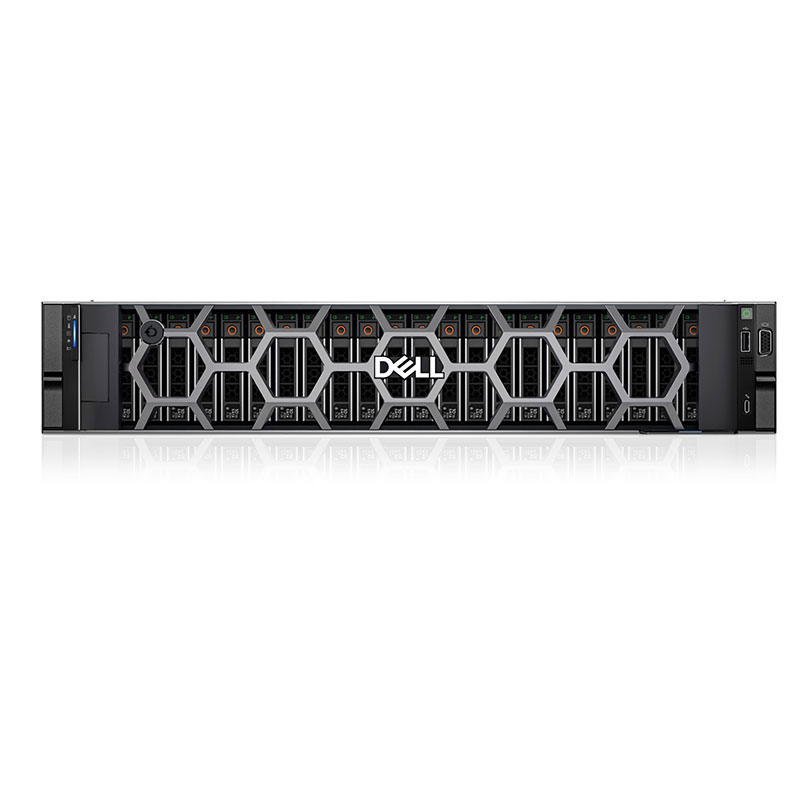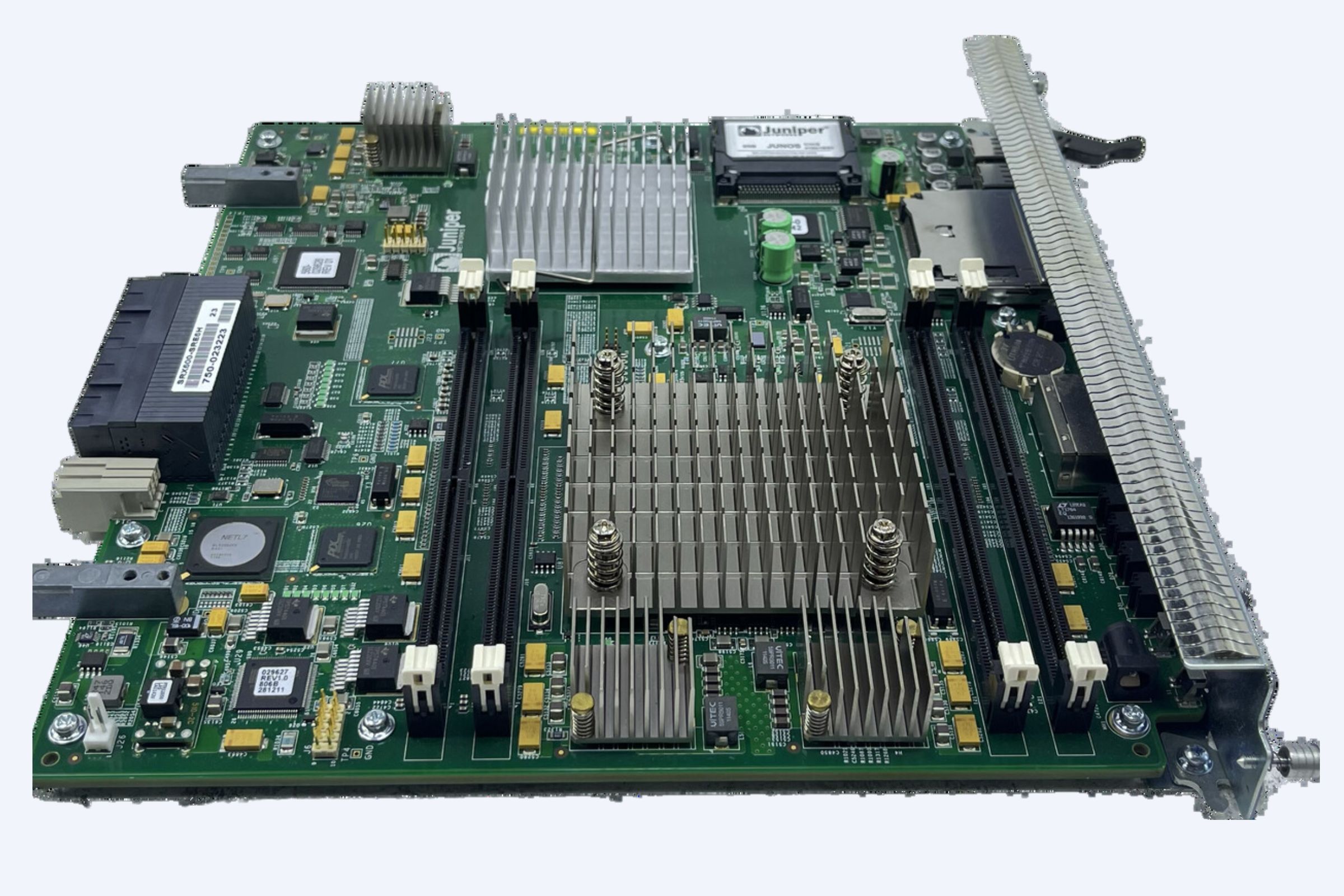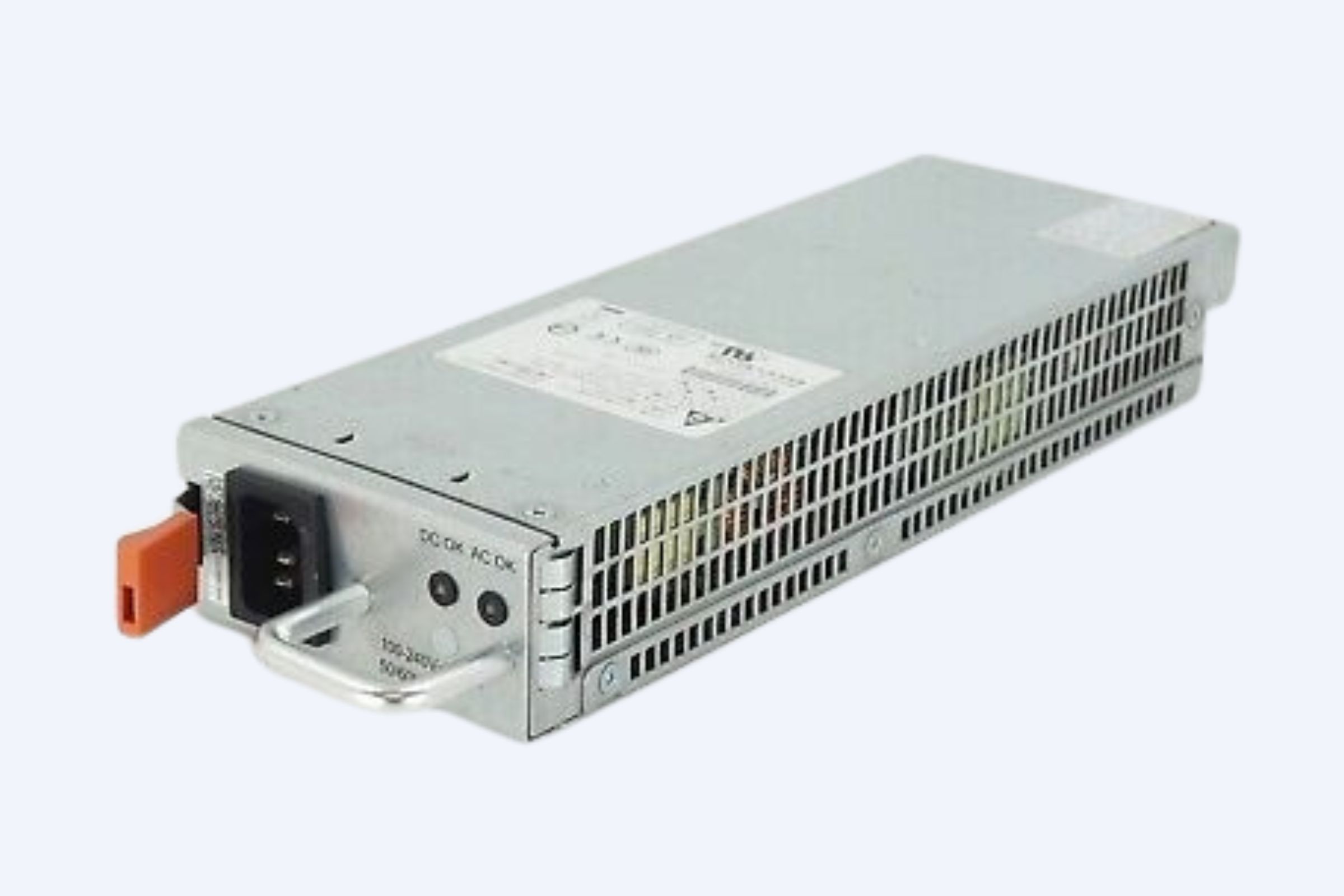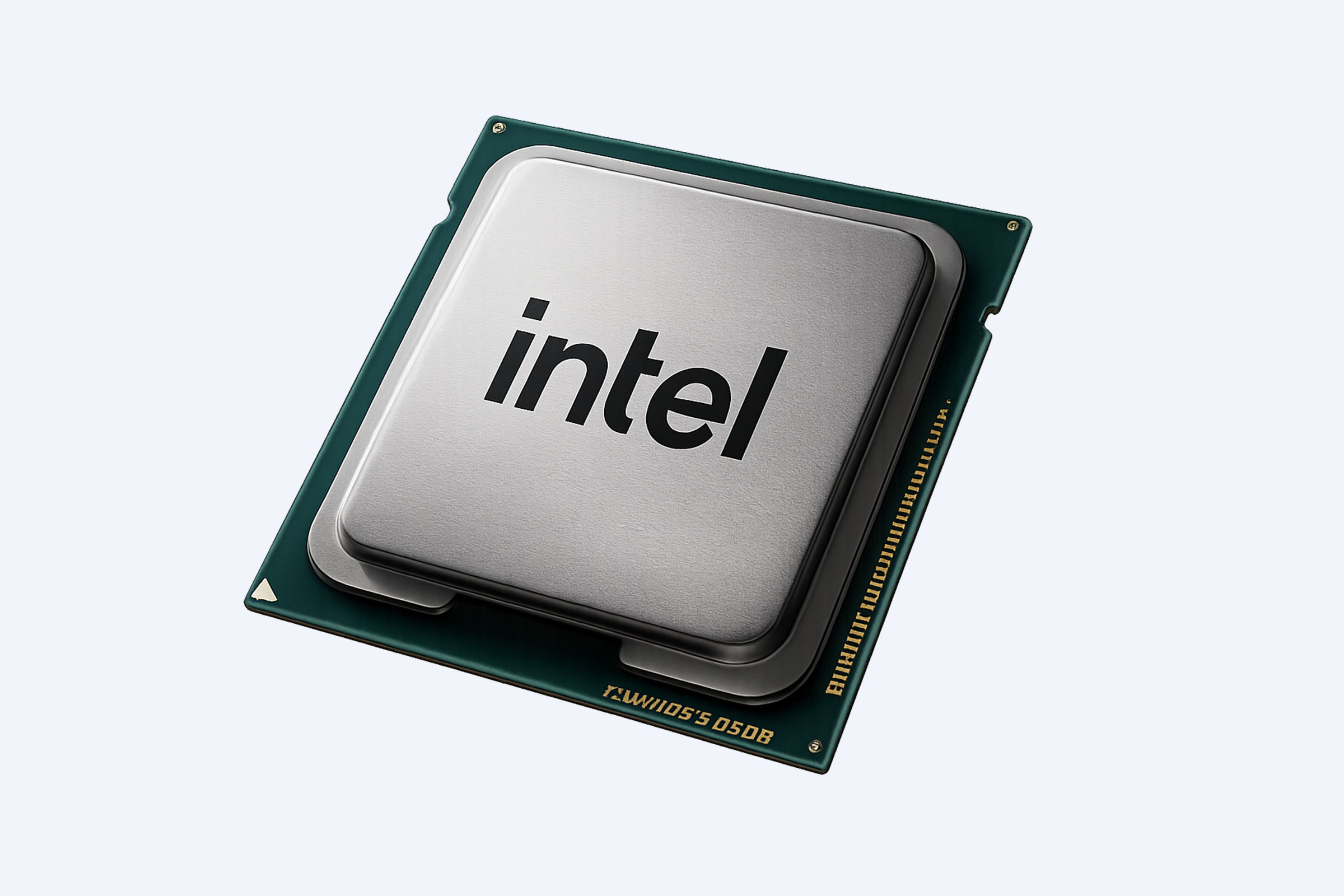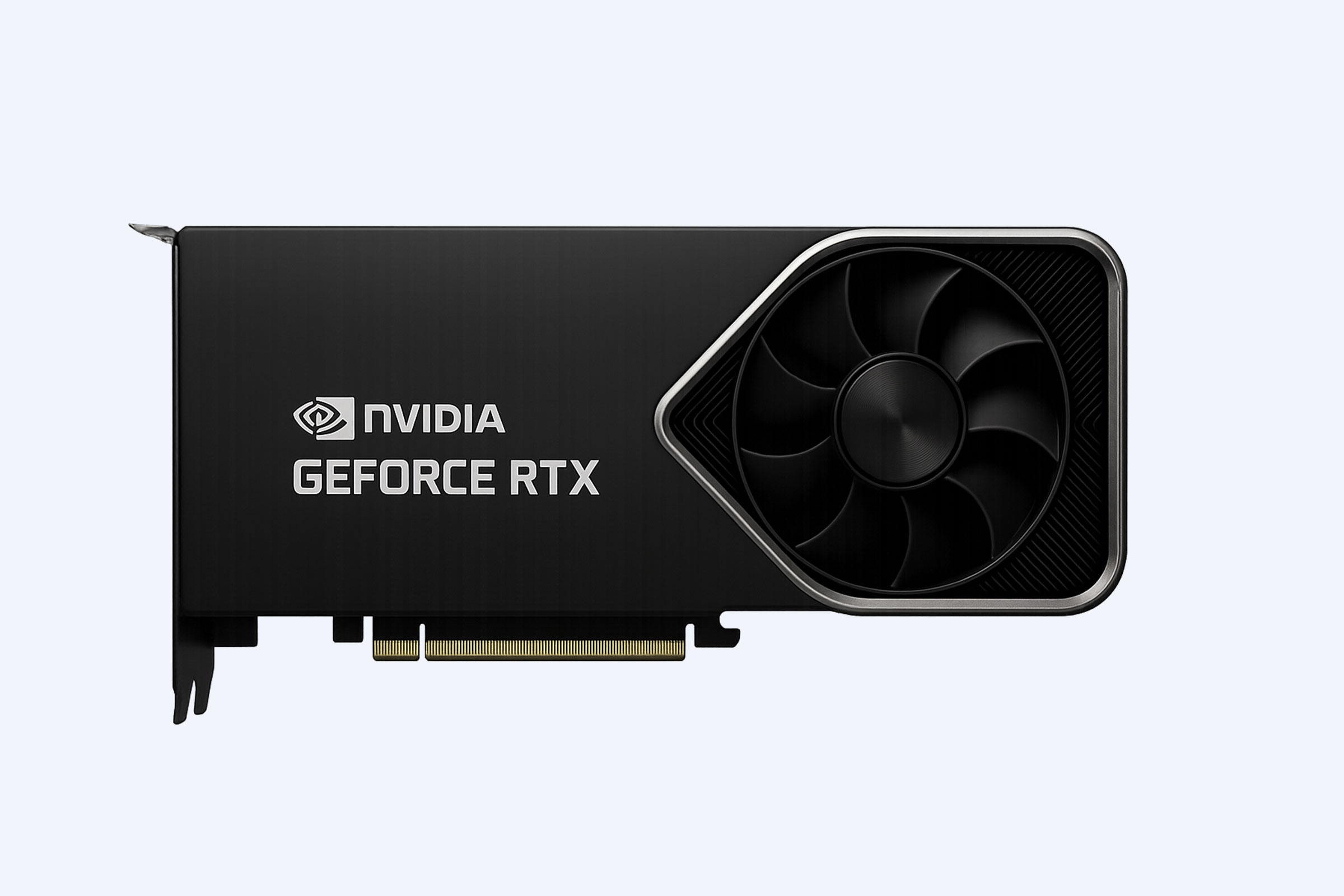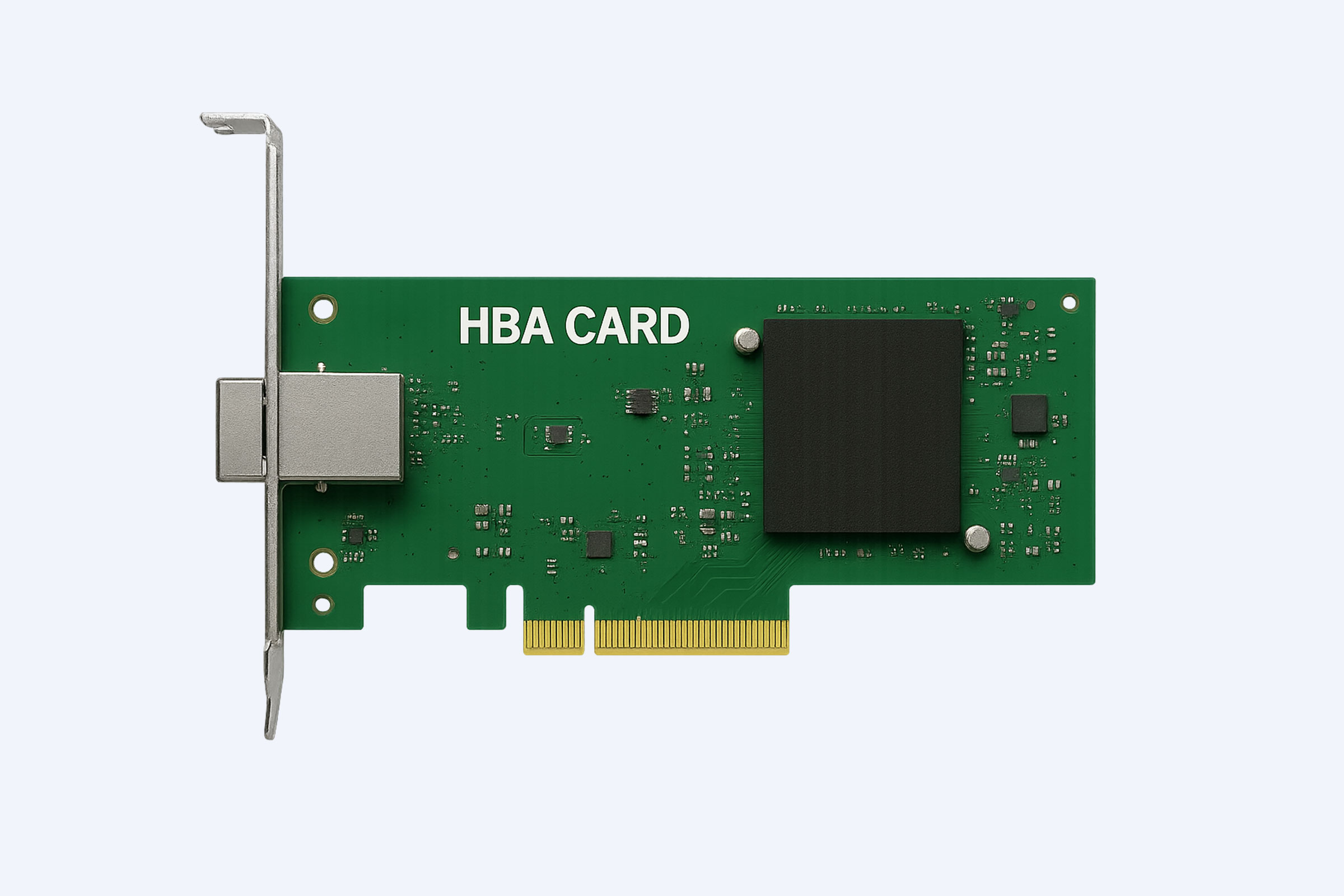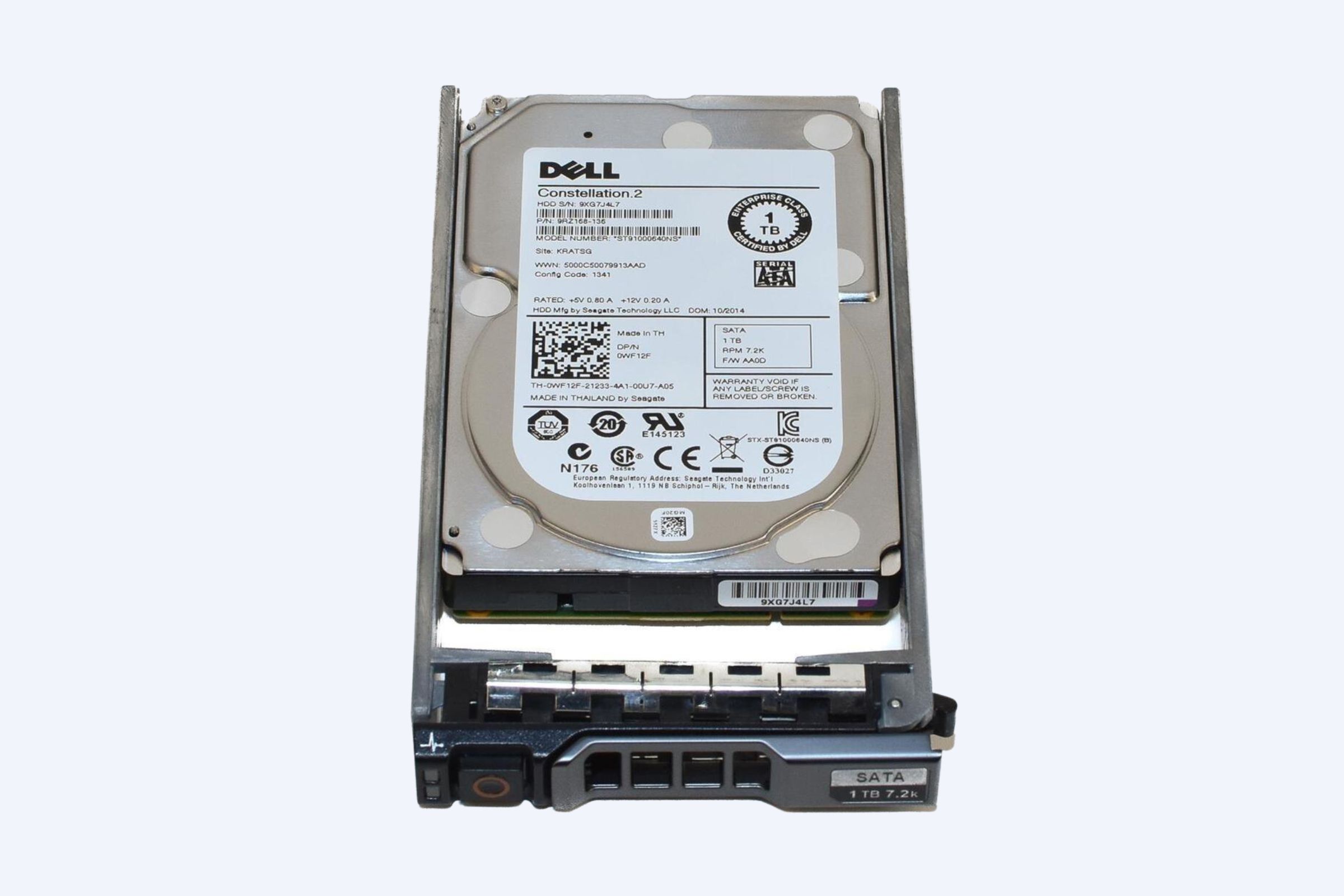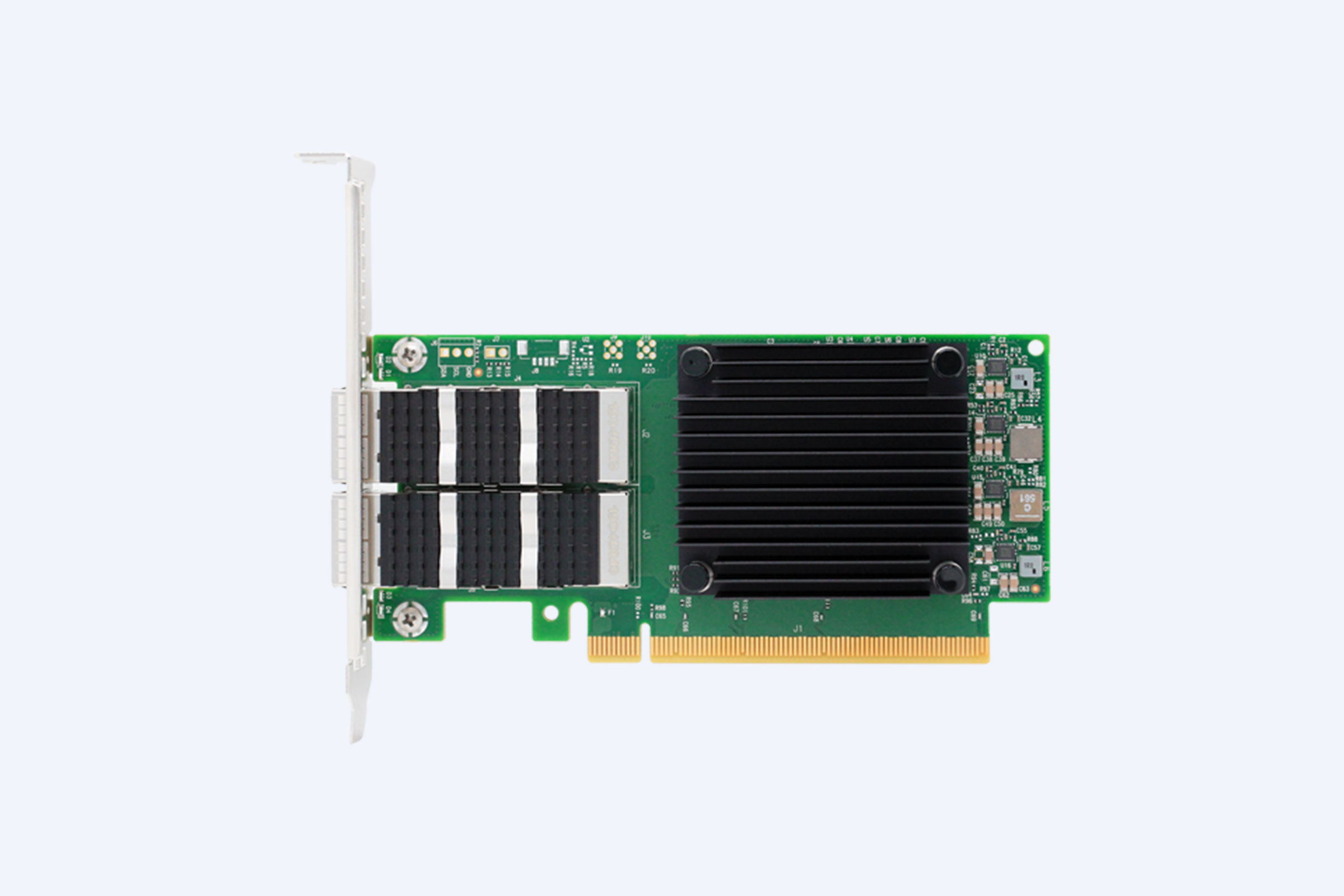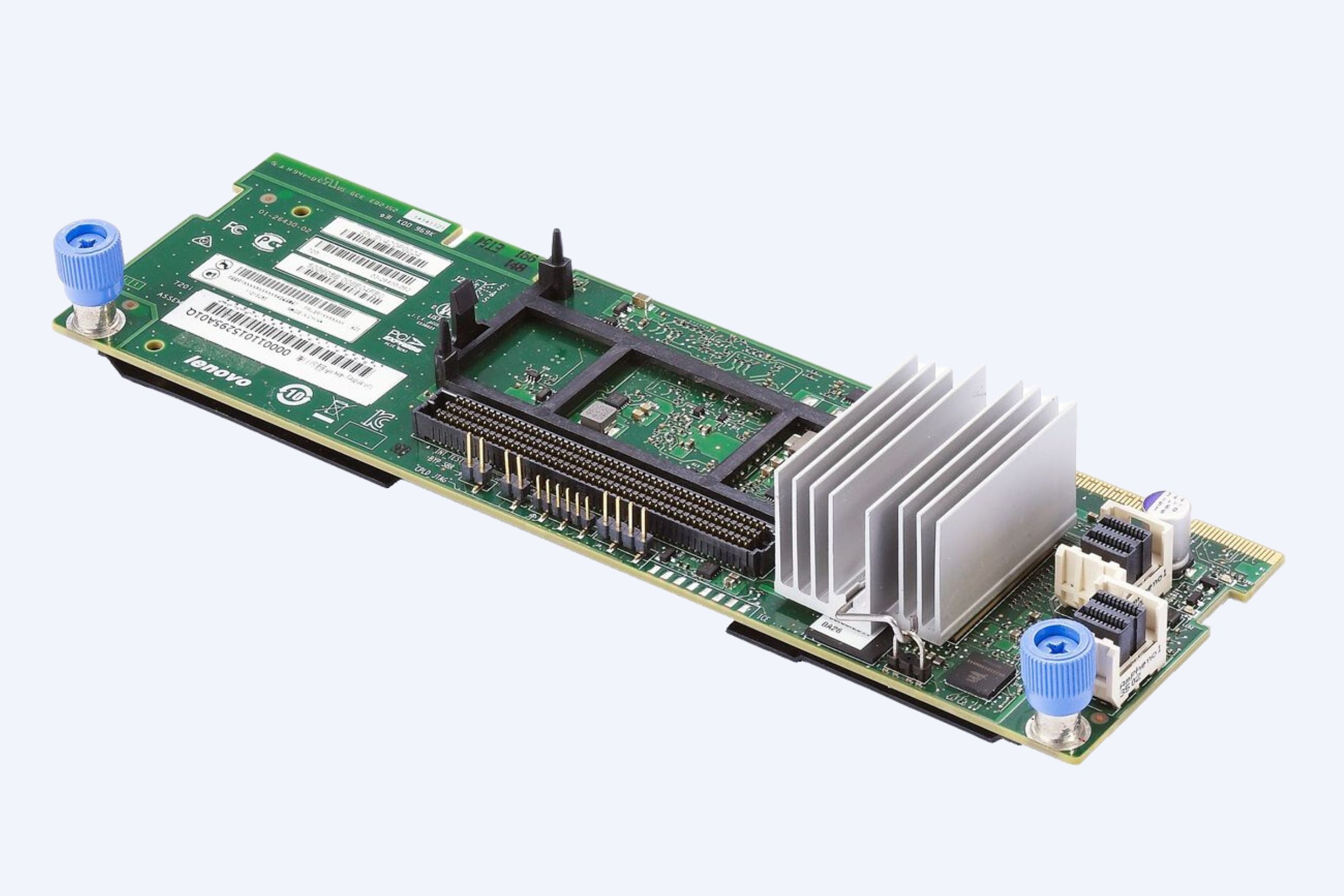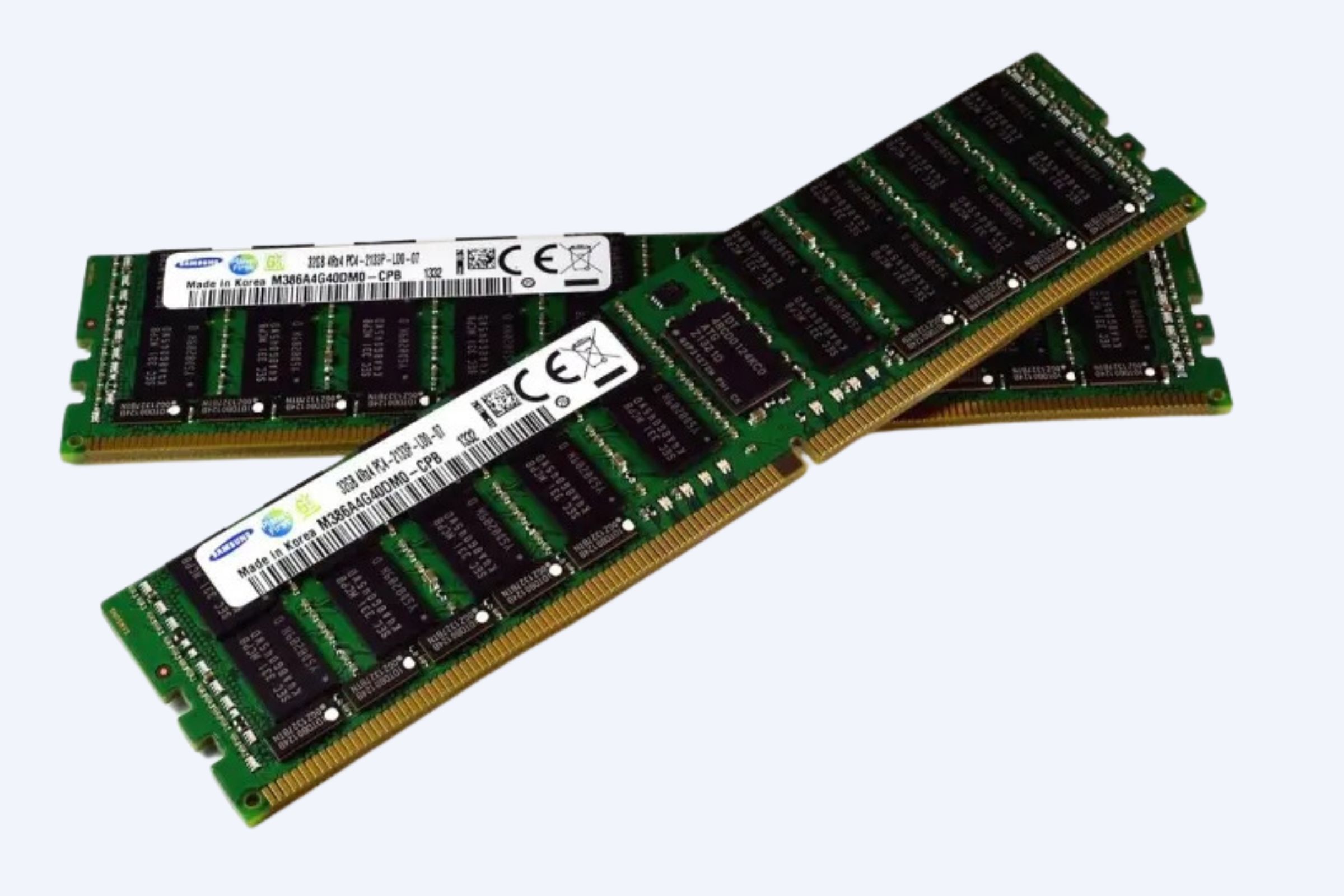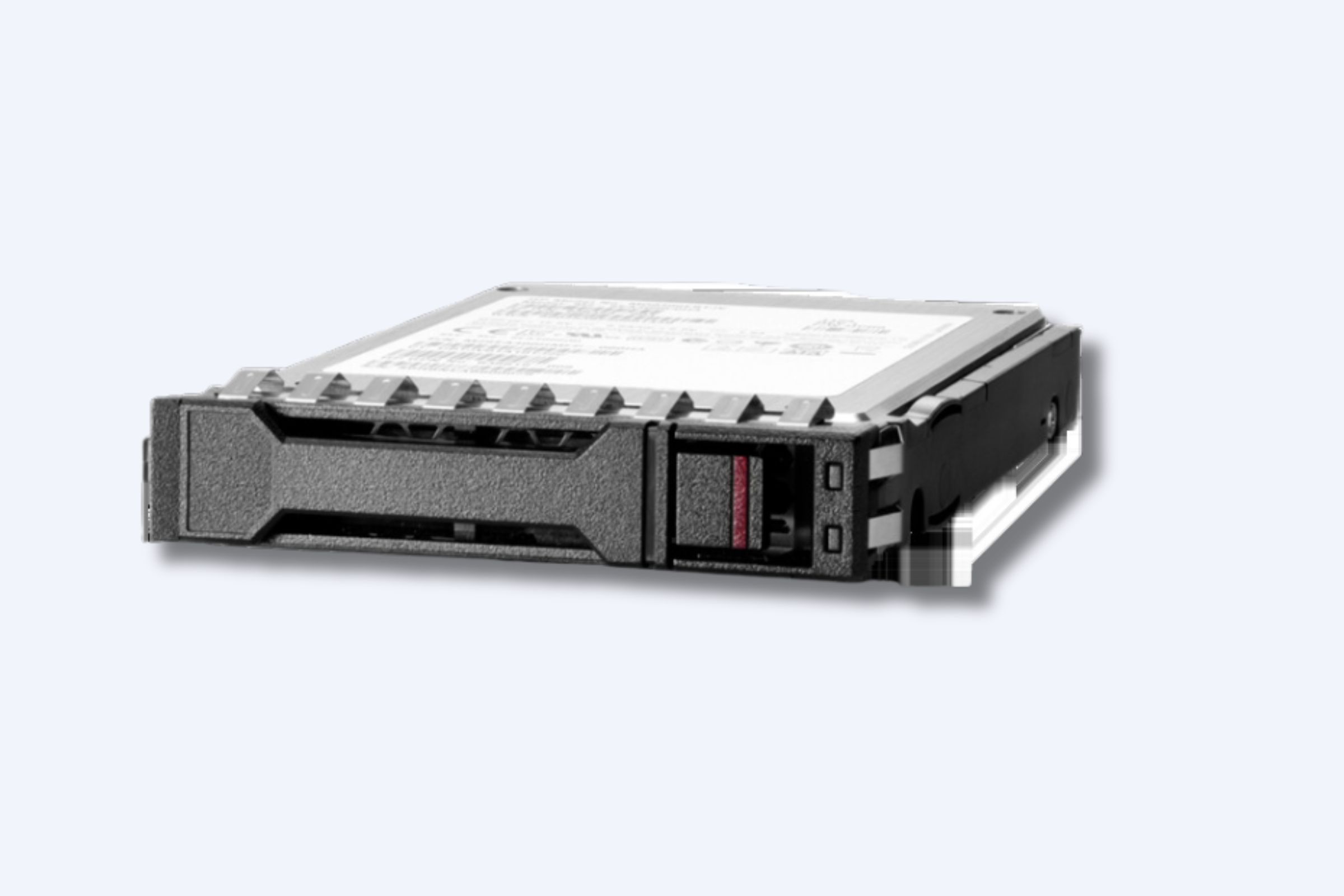A server is the backbone of every digital operation, powering everything from websites and databases to AI workloads and enterprise systems. WECENT delivers high-performance, reliable, and customizable server solutions that drive modern IT infrastructure with security, speed, and scalability.
What Is the Current State of the Server Industry and What Are Its Pain Points?
According to IDC, the global server market reached over $110 billion USD in 2024, with double-digit growth driven by cloud computing, AI, and data analytics. Yet, as demand accelerates, so do challenges. Many enterprises report infrastructure bottlenecks, high operational costs, and energy inefficiencies that limit scalability.
A Gartner report reveals that over 68% of enterprises plan to upgrade their data center infrastructure within three years, primarily due to aging hardware and limited flexibility. However, the IT hardware supply chain remains fragmented, leading to prolonged procurement cycles and compatibility issues.
Data security adds more complexity. Cybersecurity Ventures estimated cybercrime costs would hit $10.5 trillion globally by 2025, making reliable, secure server infrastructure essential. Many businesses lack integrated solutions to ensure uptime, data protection, and efficiency simultaneously. This is where specialized providers like WECENT deliver real value — helping enterprises transition to powerful, future-ready infrastructures with seamless integration and top-tier components.
Why Do Traditional Server Solutions Struggle to Keep Up?
Traditional servers often rely on outdated architecture, limited scalability, and manual management.
-
Fixed capacity causes resource underutilization or overload.
-
Power and cooling inefficiencies raise operational costs.
-
Hardware compatibility issues slow expansion and integration.
-
Procurement through multiple vendors complicates maintenance and warranty processes.
In contrast, organizations need flexible, energy-efficient systems that handle mixed workloads — virtualization, big data, and AI — without disruption.
How Does WECENT Deliver a Complete Server Solution?
WECENT provides comprehensive, enterprise-grade server solutions tailored for industries like finance, healthcare, education, and cloud data centers. The company partners with trusted brands such as Dell, HP, Lenovo, Huawei, Cisco, and H3C to offer verified original hardware, from rack servers to storage systems and GPUs.
Core Capabilities:
-
End-to-End Service: From consultation and configuration to installation and maintenance.
-
High-Performance Hardware: Dell PowerEdge, HPE ProLiant, and Lenovo ThinkSystem servers optimized for virtualization and AI workloads.
-
Global Distribution & OEM Service: Flexible solutions for system integrators, resellers, and enterprises.
-
Comprehensive Warranty & Support: Hardware backed by manufacturer’s warranty and WECENT’s dedicated technical team.
With technologies like NVIDIA RTX, Quadro, and Tesla GPUs, WECENT empowers organizations to accelerate tasks from deep learning to 3D rendering without performance bottlenecks.
What Are the Key Advantages of WECENT Servers Compared to Traditional Solutions?
| Feature / Aspect | Traditional Server Setup | WECENT Solution |
|---|---|---|
| Procurement | Multiple vendors, slow response | One-stop sourcing from authorized brands |
| Scalability | Limited and rigid | Modular, configurable for growth |
| Performance | Standard specs | AI-ready, GPU-optimized architecture |
| Support | Fragmented vendor support | 24/7 global service and maintenance |
| Energy Efficiency | High operational cost | Eco-friendly, power-optimized systems |
| Warranty Coverage | Separate per component | Unified warranty and technical support |
How Can Businesses Deploy a WECENT Server Solution?
-
Consultation and Needs Assessment: WECENT experts evaluate workload type, data volume, and scalability plans.
-
Solution Design and Quotation: Customized configuration using Dell, HP, or Lenovo servers.
-
Procurement and Logistics: Fast delivery through global distribution centers.
-
Installation and Integration: On-site or remote setup for seamless deployment.
-
Monitoring and Maintenance: Continuous optimization through proactive technical support.
Which Real-World Scenarios Show the Impact of WECENT’s Solutions?
Scenario 1: Financial Sector – High Data Volume Risk Management
-
Problem: Server latency during trading hours caused delays.
-
Traditional Setup: Outdated 14th Gen rack servers.
-
WECENT’s Solution: Upgraded to Dell PowerEdge R760 with NVMe SSDs.
-
Result: 42% faster transaction processing; 99.99% uptime.
Scenario 2: Educational Institutions – Virtual Learning Environments
-
Problem: Unstable online class platforms under peak load.
-
Traditional Setup: Shared server hosting.
-
WECENT’s Solution: Deployed HPE ProLiant DL380 Gen11 with virtualization support.
-
Result: Seamless video sessions for 10,000+ students, reduced downtime by 60%.
Scenario 3: Healthcare – Secure Patient Data Management
-
Problem: Rising cybersecurity and compliance risks.
-
Traditional Setup: On-premises legacy systems.
-
WECENT’s Solution: Migrated to Lenovo ThinkSystem SR650 integrated with encryption and redundancy.
-
Result: Enhanced HIPAA compliance, faster data recovery, improved system resilience.
Scenario 4: AI Startup – Deep Learning Infrastructure
-
Problem: Slow model training, frequent GPU overheating.
-
Traditional Setup: Consumer-grade GPUs without optimization.
-
WECENT’s Solution: NVIDIA H100-powered server cluster using custom cooling.
-
Result: 3.5× faster AI training, improved stability during long compute cycles.
Why Is Now the Right Time to Upgrade with WECENT?
As hybrid cloud, AI, and edge computing rapidly evolve, efficient infrastructure becomes a competitive necessity. WECENT’s next-generation servers provide unmatched reliability, sustainability, and scalability. Enterprises adopting modern IT architectures today position themselves for long-term operational excellence and digital growth.
FAQ
What is a server used for?
A server stores, processes, and delivers data or applications over a network to other computers or users.
Why should a business invest in enterprise-grade servers?
Enterprise-grade servers ensure performance, security, and uptime — critical for data-driven operations and scaling.
Can WECENT customize solutions for small and medium-sized businesses?
Yes. WECENT tailors configurations for SMEs, offering flexible pricing and scalable infrastructure.
Are WECENT servers compatible with virtualization software?
Yes. All WECENT-provided servers support platforms like VMware, Hyper-V, and Proxmox.
Does WECENT provide international delivery and support?
Yes. WECENT offers global distribution and technical support for clients worldwide.



